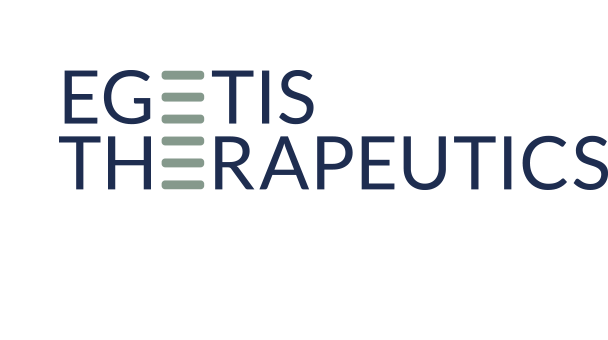The Market
Paracetamol – the most sold drug (pills) in the world
In 2012, the use of paracetamol amounted to 150 billion doses, of which the US – the largest single market – accounted for 19 billion. In Sweden, paracetamol is the active compound in well-known brands such as Alvedon®, Panodil® and Citodon®. On several occasions, the United States Food and Drug Administration (FDA) has described paracetamol poisoning as a growing problem, and various measures such as restricted availability, lower-strength tablets and smaller packages have been proposed to reduce the risk of poisoning. Common brands containing paracetamol/acetaminophen in US, UK and other countries are for example Tylenol® and Panadol®.
Measures have also been introduced in Sweden to limit the availability of paracetamol sold over the counter, due to the recent and dramatic rise in overdoses. In 2012, there were 1,500-2,000 hospital admissions for paracetamol poisoning in Sweden. Some patients receive liver transplants, which are not only an expensive medical procedure but also a major intervention and cause of suffering for the patient. Approximately 89,000 cases/year of paracetamol overdose in the US and 105,000 cases/year in the UK were reported in 2018
The challenge with NAC treatment is that its efficacy gradually decreases and after 15 hours, the antidote effects have more or less disappeared. According to leading clinicians and researchers in paracetamol poisoning, as well as scientific literature, the proportion of patients arriving after eight hours is an estimated 25-30% of all cases of paracetamol poisoning – patients in need of treatment that is effective for longer than the eight-hour window.
At present, Egetis is not aware of any compounds on the market or in clinical phase that are designed for these patients. Egetis’ drug candidate Aladote® therefore has the potential to become the leading drug in this key area.
High costs
The cost of treating paracetamol-poisoned patients is very high because they need intensive care and, in some cases, a liver transplant is the only option for saving the patient’s life. An effective treatment for late-stage poisoning cases would have major life-saving potential and reduce the burden of healthcare costs.

